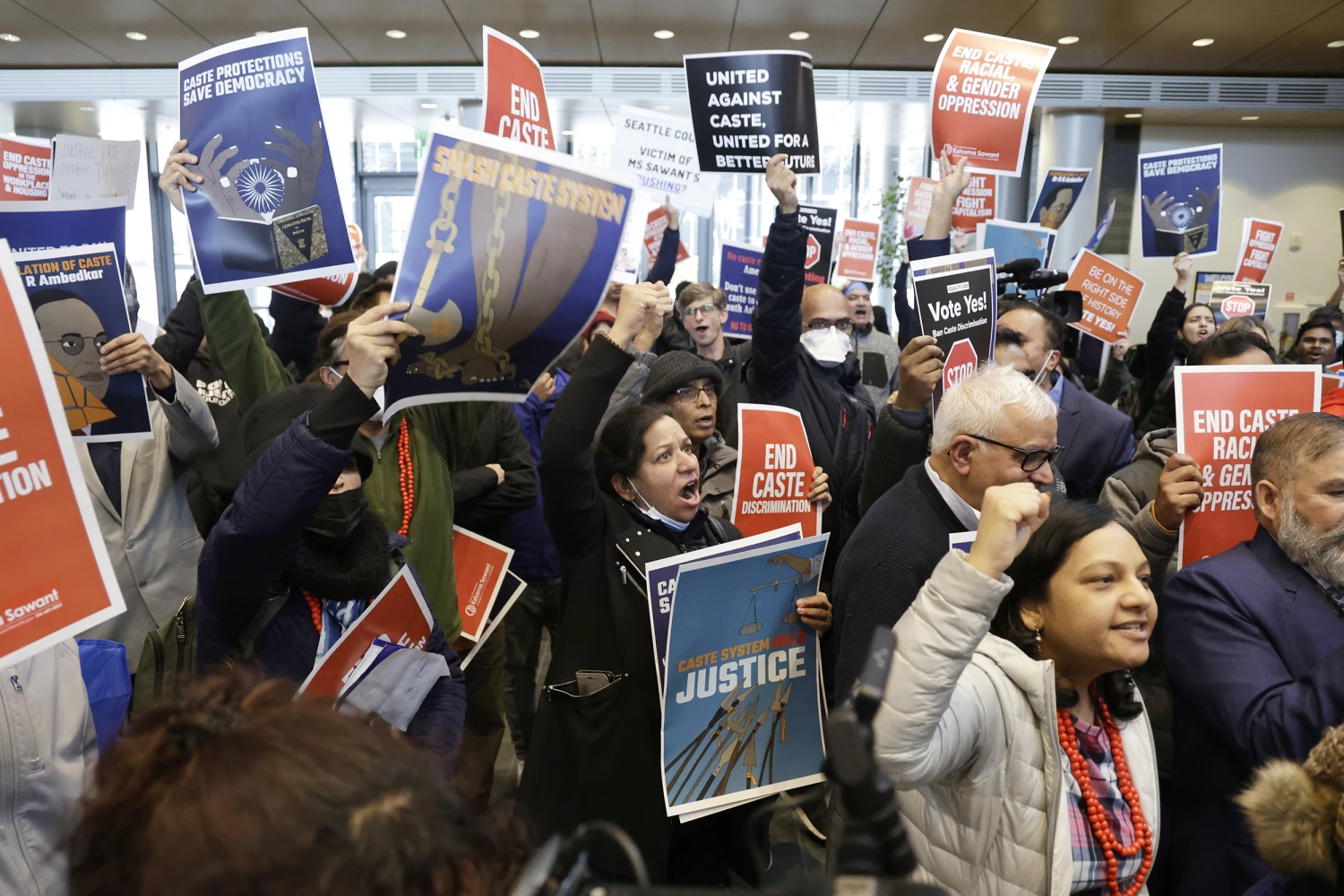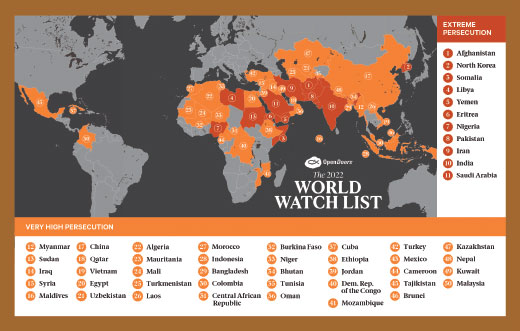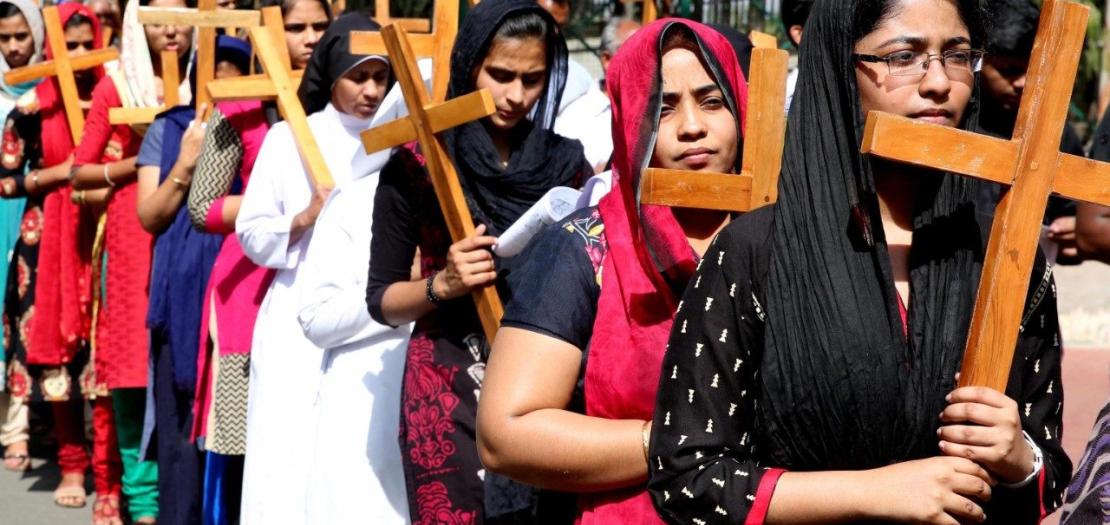Yash Pal Lakra has made his peace with a painful past, but the memories refuse to go away. Yash, now a retired surgeon in the US, was only eight years old when the Indian subcontinent was sliced into two nations – India and Pakistan. Overnight, the prosperous Lakras went from a life of affluence to being homeless and penniless. They were stripped of everything – wealth, property, status, their very sanctuary and life as they knew it in their small village of Bopalwala, in Sialkot, a district in present day Pakistan.
The partition of India has been labelled as the “biggest mass migration in human history” with the Hindus fleeing from Pakistan and Muslims fleeing India. The catastrophic event uprooted fifteen million people and killed over a million. Simply because they happened to be a Hindu or a Muslim.
The atrocities inflicted on innocent people as they crossed the border in the scorching summer of 1947 is well archived. Survivors, grown men today, break down and cry as they recall this period of troubled history. Not only is it a black blot on humanity but it is paradoxical because the violence was based on religion – the very religions that tell us to love each other, live in peace and abstain from harming anyone
.
His voice trembles as he revisits the traumatic experience: the stench of mutilated bodies, the cold fear of being butchered by angry mobs, the ordeal of walking for miles on an empty stomach or the humiliation of begging for food. He grieves as he evokes his father’s struggles to keep his daughters’ honor safe in the mayhem, or his pregnant mother’s parched lips pleading for water. Memories flood his mind and he often pauses to compose himself. The sensitive eight-year-old mind saw death and deprivation in all its grotesqueness and their ghosts still haunt him.
The grief has lessened, and some wounds have healed but the why-of-it-all continues to trouble him. He questions how neighbors, who co-existed peacefully for generations and fought shoulder to shoulder against the British for independence, could turn into blood thirsty monsters, all in the space of a few months. What drove mobs to go on killing sprees? What stroked the fires of such hatred against those praying to a different God?
Was it an outlet for the pent-up anguish and fear? A reaction to the past few months? A survival instinct or were they victims of circumstances? He speculates that it may have been a combination of all these reasons.
The nightmare began around June 1947 – a few months before independence. Yash’s father Niranjan Das returned from a business trip in Lahore with troubling news of the escalating hostilities between Hindus and Muslims. Hindu homes were being looted and burned, their women raped and abducted. An uneasy fear descended on the household.
The Lakras were residents of Bopalwala, a farming community with a population of about eight to ten thousand people. Hindus occupied the central part of the village, the Sikhs lived in another section of the village while the Muslims lived on the fringes.
A prosperous and highly respected family, they had the distinction of being one of the two richest families in the village. Their ancestral house was the highest in the village and was used by the Indian army as an Observatory Post during World War 2. They ran a flourishing textile shop and a manufacturing unit that fabricated shells for locks and galvanized metal sheets to make buckets and boxes. While his grandfather lived in the imposing ancestral house, Yash’s family lived a few houses away in a sprawling four-bedroom house with a huge verandah that jutted out and covered the narrow street.
On 15 August 1947, India and Pakistan attained dominion status. Yash remembers the moment vividly. His mother Shanti Devi was cooking lunch when his sister came running in to announce India’s freedom from the British. There was jubilation at the news, but the family did not own a radio and so had little inkling of the inflamed tensions brewing beyond their village.
Before too long, trouble reached Bopalwala. In a matter of days, the gulf between Muslims and Hindus widened: Hindus would refer to Gandhi as Mahatma which translates into “Great soul” while Muslims used the denigrating term “Maha tamma” – denoting a “greedy man.” Fears were further fanned when a Sikh man was lynched by a Muslim mob. When his son went to the Kazi (the Urdu title for the head of police) to file a complaint, he was also knifed. The simmering tensions drove a wedge of distrust between the two communities and the Lakras went as far as terminating all their Muslim employees. The galvanized iron sheets used to make buckets were now employed to make body vests to protect family members from attacks by knives and swords.
The situation deteriorated so rapidly that Hindus began to feel unsafe after dark, even in the confines of their own homes. Prominent Hindu families congregated at the Arya Samaj building every night seeking safety in numbers.
Yash remembers those long, dark nights when even the clouds eclipsed the light of the moon. The Arya Samaj building was a one storied corner house. Huge cauldrons of boiling water were kept ready to be tipped over in case the Muslims attacked or climbed the building. Heaped trays of ground red chilli powder were stocked to fling into the enemy’s eyes. Women huddled in the center, rocking their babies to sleep, sharing their fears with each other in hushed whispers. Men took turns standing guard all night patrolling the walls of the house. This continued for a few days until the Hindus realized that these makeshift devices were not going to save them from frenzied mobs.
This feeling of being unwanted led to the exodus of many families to India. The Lakras were divided here. Yash’s grandfather Labha Mal refused to leave the village but Niranjan Das decided to migrate to India with his family. They would later learn that after their departure for India, an angry mob entered Labha Mal’s house with sticks and swords. A neighbor intervened and persuaded the goons to spare his grandfather’s life in exchange for money. Soon after this, the senior Lakra hired a horse carriage to take him and his wife to the nearest railway station to board the next train for India.
Before Niranjan Das left for India, he needed to gather their money and jewelry from their safe deposit box in Sialkot. The Lakras had transferred their money to the city a few months ago believing it would be safer there than the village.
The keys to the safe deposit box were stored in a little alcove next to another bunch of keys which a relative who had fled to India had given them for safe keeping. His father described the keys he needed and Yash’s eldest sister brought them and handed them to her father. Accompanied by an army escort, Niranjan Das departed for Sialkot.
At the locker, Niranjan Das inserted the key into the keyhole but it did not turn. He tried again and again, his trembling fingers now desperately twisting the key to force the safe open, but the door would not budge. His horror can only be imagined when he realized that he had the wrong set of keys in his hand. So vivid are Yash’s memories of the sound of his father slapping his sister, tears streaming down her face, the despondency on his father’s face as he paced agitatedly in the dawning realization that there was no time to make another run to the safe. To this day, the Lakras have no idea what has happened to the considerable wealth they left behind.
Each new day presented a different challenge. The army truck had room for only nine members of the family of eleven. It was decided that Niranjan Das would take his full-term pregnant wife, the daughters as their “honor” had to be protected and the younger children with him. Yash and his older brother would follow later.
In late August, a military truck drew up in front of their house. It was a teary separation – his mother wept inconsolably as she clung to her sons. His father locked the house with a heavy heart, the family turned to look at it one last time and boarded the truck. The two little boys stood forlornly and watched the taillights of the truck slowly disappear.
They moved in with their grandfather but a few days later, an army truck pulled up again at the door. It transpired that Yash’s father pleaded with the camp officer in charge of the food supplies to allow his two sons to come with them to India. As the camp was running low on food, the officer agreed in exchange for food grains. The price for each boy was one bag of wheat.
The Lakras stayed at the army headquarters and for the first time in their lives, slept on the bare floor. Every morning they would rise, eat a sparse breakfast, pack their meager belongings and leave for the station in the hope that a train would arrive. Their desperation to leave intensified when a bomb exploded near them one day. After several days, a train finally arrived to take the Hindus and Sikhs to Dera Baba Nanak, the first station across the border on the Indian side.
During this historic train journey, the young Yash would witness unimaginable depths of savagery and hatred. He would see the remainders of a stomach-turning carnage, a beheading and survive a harrowing walk on the bridge of a gushing river. He would replay these scenes with stinging clarity all his life.
While travelling on the train from Dera Baba Nanak to Amritsar, Yash recalls being seated next to six Sikhs. A little into the journey, one of the Sikhs had a niggling doubt that the man sitting opposite them in the garb of a Hindu Pandit was not really who he claimed to be. They pulled the alarm chain to stop the train, dragged him out and disrobed hm. He was circumcised. Incensed, one of the Sikhs drew out his sword and swung it at the man. The man ducked and the blade snipped a few strands of hair. With the second swing, the sword found its mark and to Yash’s traumatic horror, the man’s head separated from its owner.
The splatter of blood on the ground, the streaks on the sword and the eruption of gleeful cheers that accompanied this grisly act is imprinted in Yash’s mind. He remembers cheering from his seat, but today the cold-blooded killing evokes feelings of shame, remorse and revulsion.
In another incident, the Lakras were waiting at the Dera Nanak Station to go to Amritsar when a rumor spread that a train carrying Muslims to Pakistan was arriving shortly. Hindus and the Sikhs instantly armed themselves with swords and sticks to massacre the unsuspecting passengers with frenzied cries of “Har har Mahadev and “Jo Bole so Nihal.” As the train chugged into the station, the mounting anticipation of killing the Muslims and the bloodthirsty slogans grew fiercer and louder. The train slowly screeched to a halt. One by one, the people on the platform dropped their swords and fell silent. In an act of providence, the train was completely empty. Strangely enough, Yash sensed a palpable relief among the crowd that the slaughter had been avoided.
The constant fear of being butchered also hung heavily. In one instance, the train taking them from Sialkot to India suddenly came to a standstill on the outskirts of Jasar, a city in Pakistan. Outside, the silence was broken only by the piercing sound of the train’s whistle. As they peered through the windows, the overpowering stench of dead bodies was the first to hit them. Yash still remembers the bile rising in his throat as he saw flies feasting on hundreds of rotting corpses, hacked limbs strewn around, bodies slashed with swords and stabbed with knives, crusted splotches of blood, an open suitcase, a copper utensil, a shoe, and clothes littered on both sides of the tracks. The previous train had been slaughtered by the nearby Muslim villages and the whistle was a signal for them. As the minutes slowly ticked by, everyone feverishly began reciting their prayers. A few agonizing minutes later, the train lurched and inched forward. The relief was dizzying as it was nothing short of a miracle. Their savior was an English guard who had cocked his gun at the driver to restart the train.
The passage to India was filled with more ordeals. It was the monsoon season and the rivers were swollen with rain. The train clattered its way over a bridge across the river Ravi and stopped right in the middle of the bridge. An Indian flag and a Pakistan flag marked the borders and the passengers had to disembark here. There was no station, no platform – just the railroad bridge fenced by metal columns and a flooded river beneath them. Solid ground was half a mile away. The lashing rains made the bridge slippery and dangerous and gaps of one and a half foot between the slippers on the bridge compounded the danger. A misstep would plunge them to their deaths in the swirling waters below.
Yash eased down the steps and held his mother’s hand tightly as they both jumped from one slipper to the other bracing themselves with the bridge’s columns. His mother was carrying his baby sister in her other arm and they were all soaked to their skin. His teeth chattered from the cold until a kind neighbor wrapped him in a blanket that became soaked in minutes. In the chaos, they were separated from their father. Wearily, they made it to the bank of the river and spent the whole night in the open – stranded, wet and hungry. The next morning, they walked for nine miles to the Dera Baba Nanak railway station to catch the train to Amritsar, but every step was pure torture. Yash recollects his mother crying and begging for scraps of food for her children.
In the first week of September, the Lakras reached Amritsar where the famished family was fed some dal (lentils), roti (pita bread) and kheer or rice pudding. They were eating after three days and to this day, Yash can relive the taste of that kheer.
In one sense, the Lakras were fortunate that they had all made it safely to India including the grandparents but the task of starting from scratch was just beginning. The family made their way to Ludhiana hoping to stay with an aunt but were clearly unwelcome there. They left after a day for Naini Allahabad to seek help from another aunt. By this time, their money had dwindled to nothing. The family found shelter in Naini Allahabad but it meant living in the cow shed with the animals for several months.
Niranjan Das’s attempts to run a provision store did not fare well. A much-needed break came in the form of an uncle who worked for the Steel Authority of India. He helped Yash’s father obtain a permit to manufacture steel and the family moved back to Ludhiana.
Despite starting their own business, the Lakras struggled to make ends meet for years. They lived in cramped housing, food was carefully rationed, and Yash says he and his siblings ran around in tattered clothes and grimy faces. In the process, he contracted every infectious disease possible. The children were enrolled in a government school and struggled to cope in an alien culture, language and surroundings. There was little money and Yash remembers wearing cheap footwear that did little to protect his feet from the scorching pavements in summer. The stress of providing for the family of twelve also took its toll on his father’s health.
The one thing that pulled the family out of the mire of poverty, Yash believes, was his father’s insistence on education for all his children. Each one of his siblings did well in their respective careers and Yash himself went on to become a surgeon. He made his way to the United States in 1968 and established a thriving medical practice in Pontiac, Michigan for forty-five years before retiring in 2010.
At 81, what angers Yash the most is the futility of the suffering that millions of people had to endure on both sides of the border. He holds leaders like Gandhi and Nehru responsible for not foreseeing the consequences of the partition and the scale of the tragedy. Their naïve belief that people would leave on amicable terms was fundamentally flawed. The trauma, he believes, could have been easily avoided, had they taken timely and decisive action by mobilizing the army early and making adequate arrangements for an orderly evacuation.
In his more pensive moods, the memories of deprivation weigh him down, but one hurts more than others: the day Yash showed his father his fifteen business suits. Overwhelmed with emotion, his father clung to him and cried for a long time.
In 2012, Yash Pal Lakra took a trip back to Bopalwala in Pakistan. His grandfather’s imposing house had been divided into four sections. He met its current occupants who were warm and hospitable. The house he grew up in was in a dilapidated state as the owner lives in Saudi Arabia. The name of the house “Ram Bhavan” had been completely obliterated, much like their lives when they left their ancestral village in 1947.




